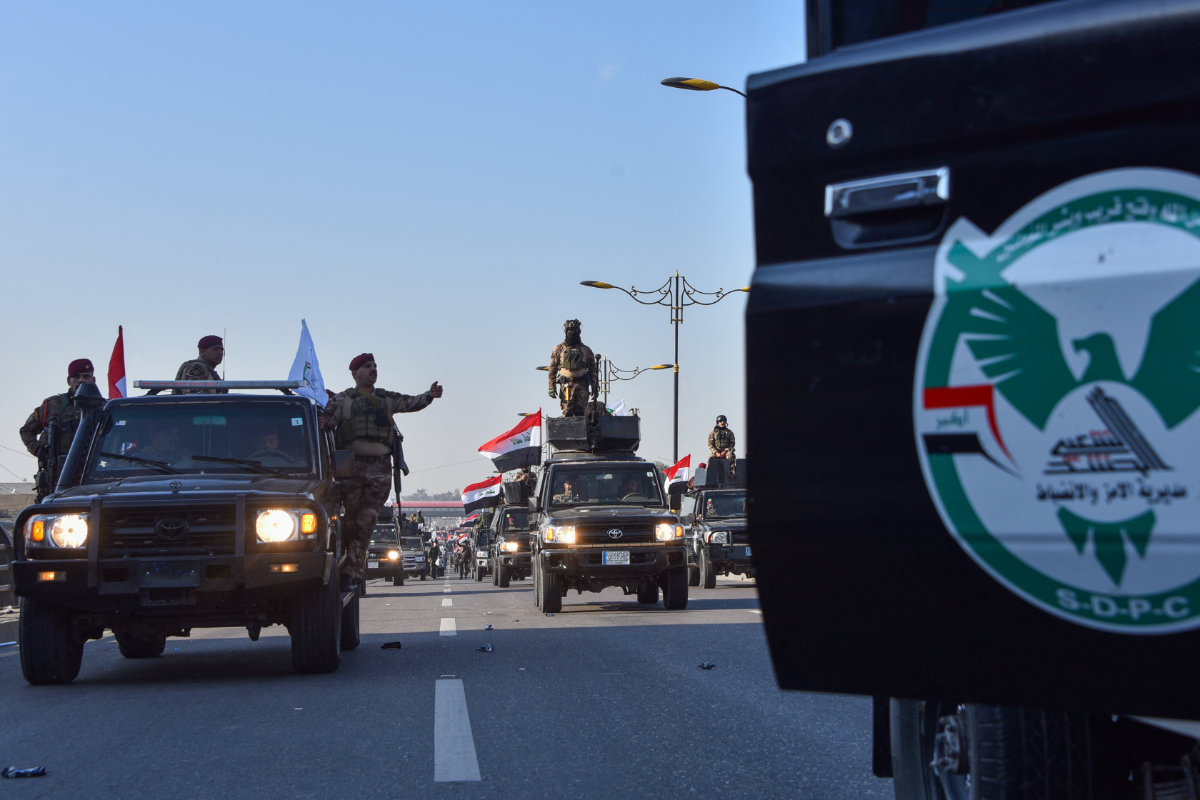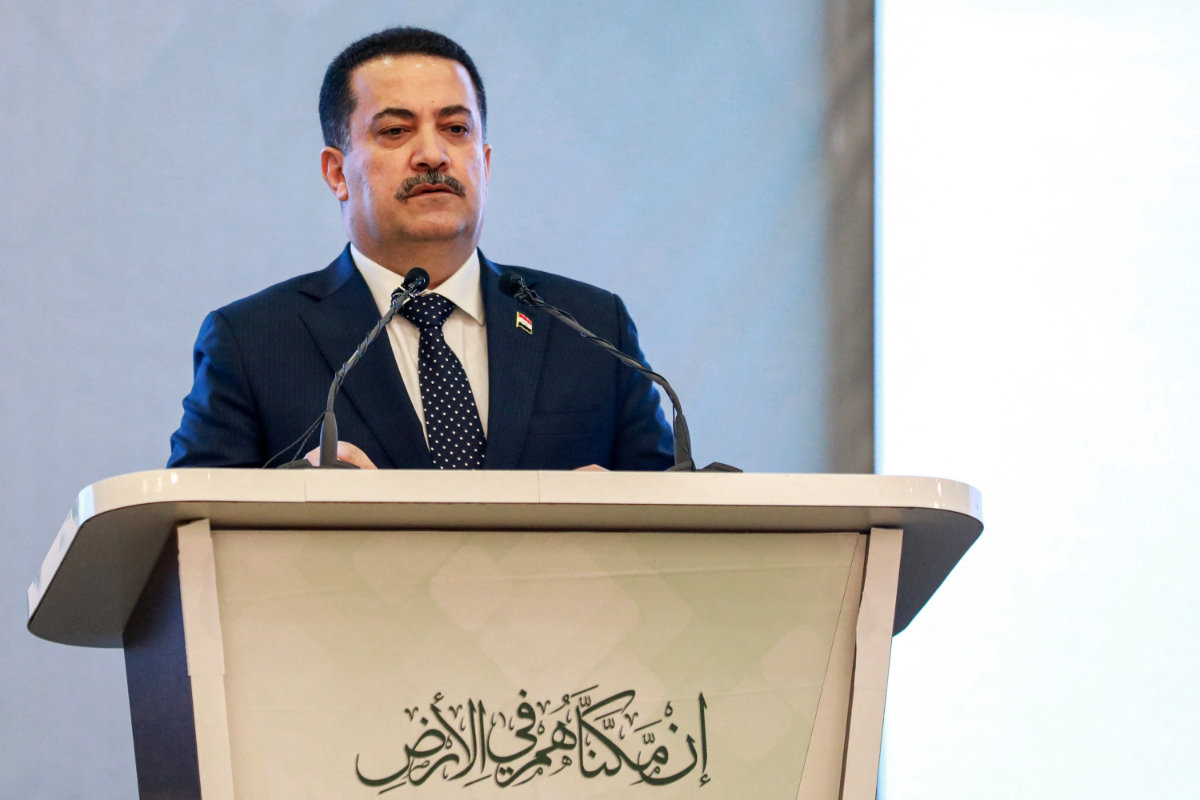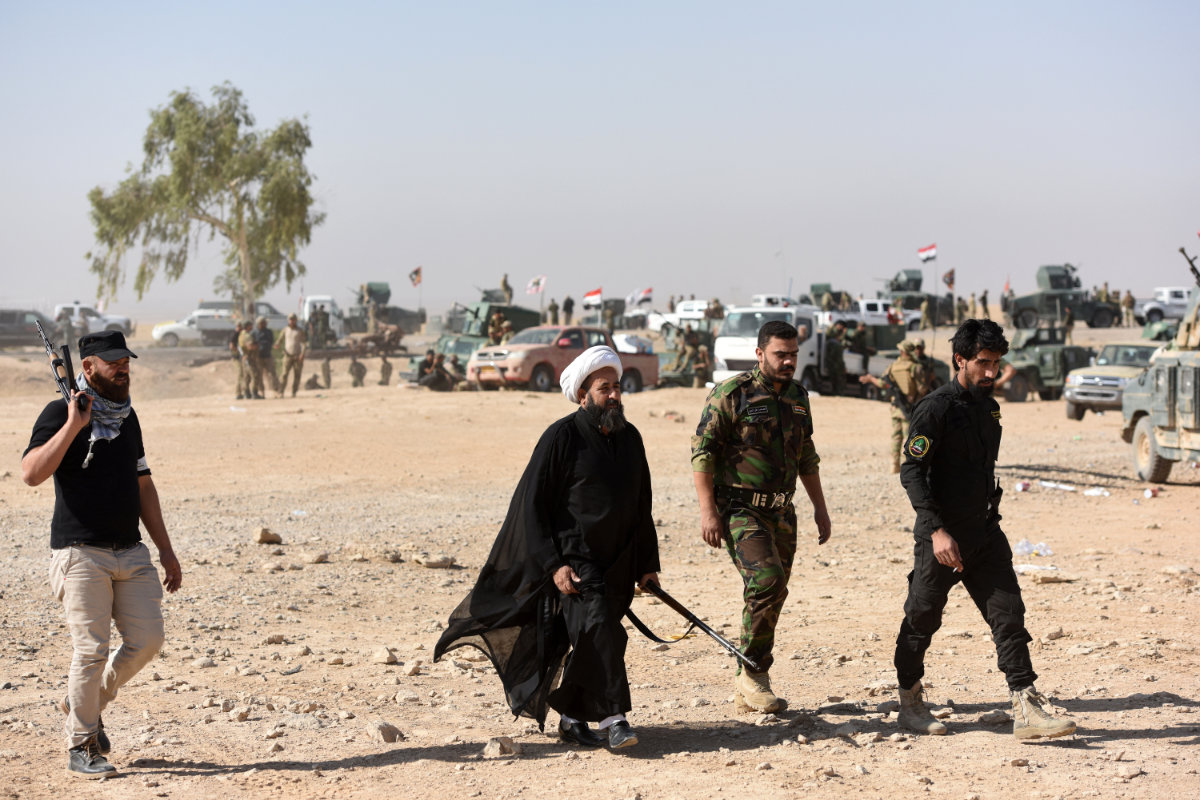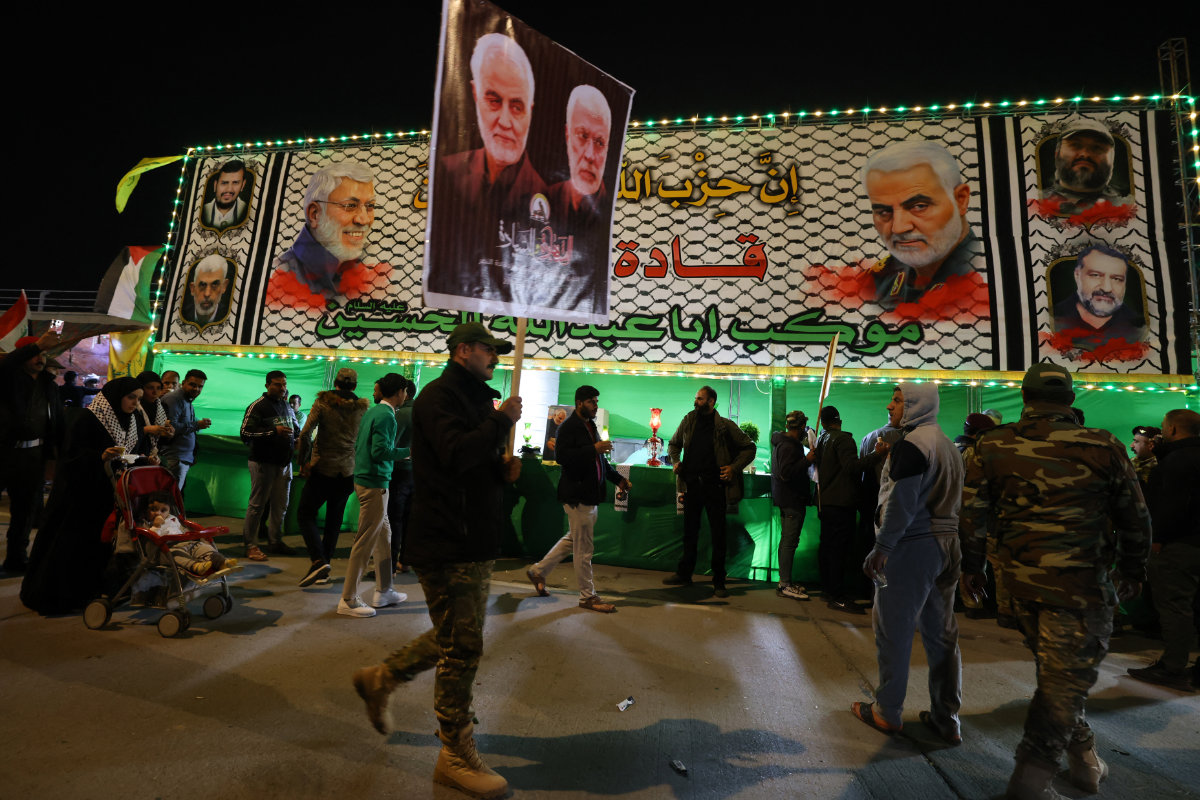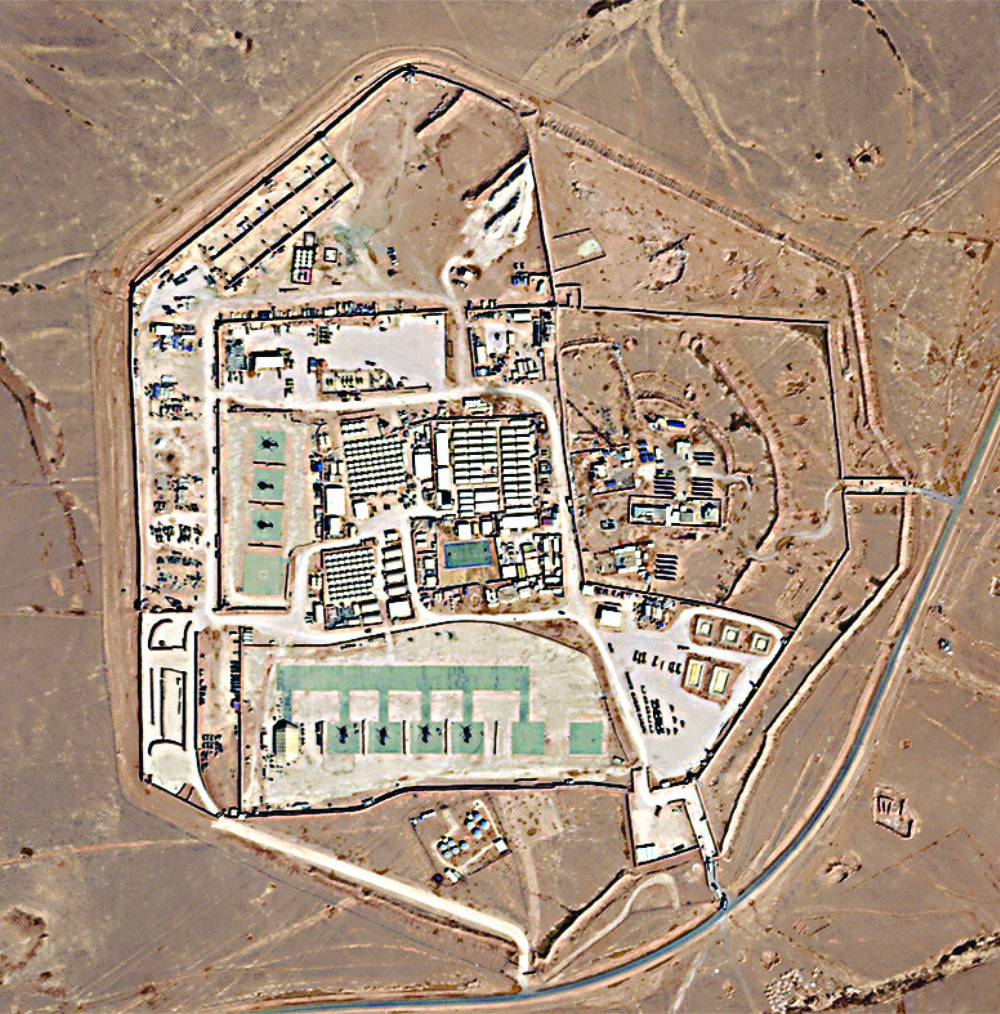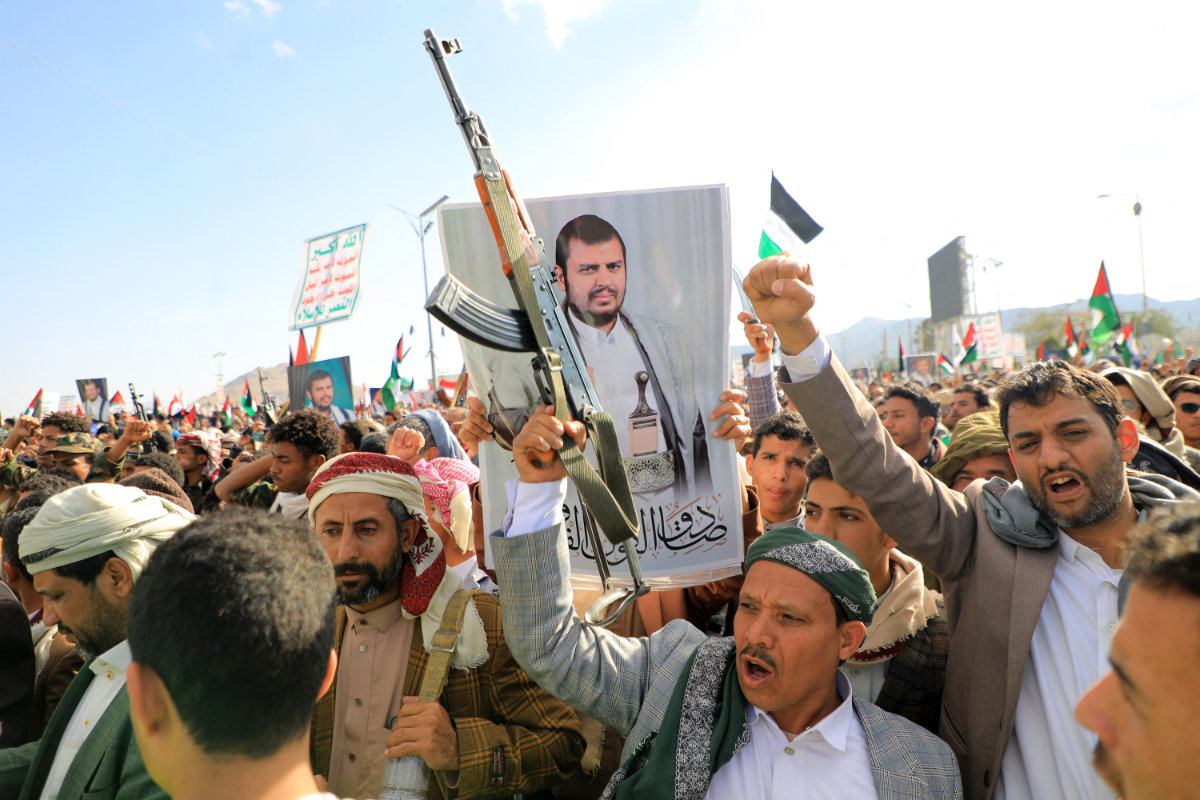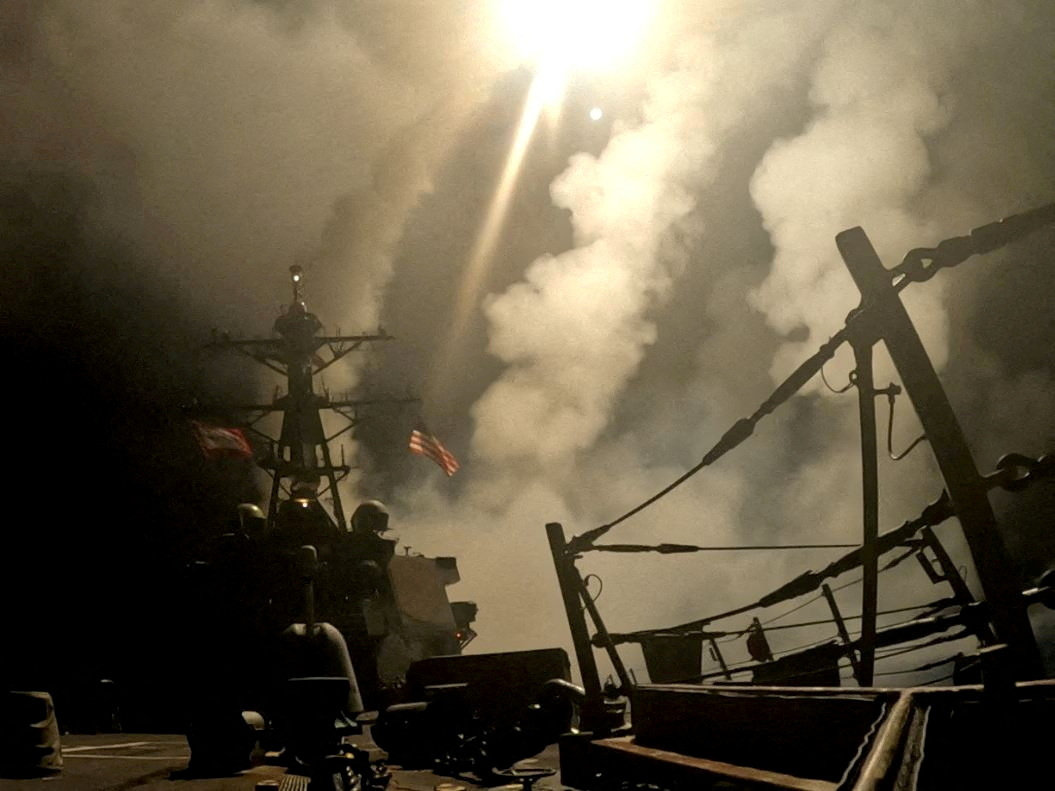TEHRAN: Iran’s newly elected president said his government will create “balance in relations with all countries” in line with national interests and the prerequisites for peace but stressed to the United States that his country “will not respond to pressure.”
Masoud Pezeshkian penned “My Message To The New World” in the country’s state-owned Tehran Times late Friday, praising the latest presidential election that “demonstrated remarkable stability” and vowing to uphold “promises I made during my campaign.”
Pezeshkian, a 69-year-old heart surgeon and longtime lawmaker, bested hard-liner former nuclear negotiator Saeed Jalili to clinch July 5’s runoff election to replace President Ebrahim Raisi, who was killed in a helicopter crash in May.
He said in his message his administration would “prioritize strengthening relations with our neighbors” and urged Arab countries to use “all diplomatic leverages” to push for a lasting ceasefire in the ongoing Israel-Hamas war in the Gaza Strip that started Oct.7.
Iran has long supported the militant group Hamas, and Pezeshkian on Wednesday expressed his all-out support of “the Plastesinan resistance” in a message to the group’s chief Ismail Haniyeh.
Pezeshkian, in the letter Friday, hailed his country’s relations with Russia and China which “consistently stood by us during challenging times.” He said Moscow was “a valued strategic ally” and his government would expand bilateral cooperation. He also expressed willingness to “support initiatives aimed at” achieving peace between Russia and Ukraine in the ongoing war that entered its third year.
The president also said he looked forward to furthering cooperation with Beijing and applauded it for brokering a deal to normalize relations between Iran and Saudi Arabia after seven years of diplomatic tensions.
Pezeshkian said he looks forward to engaging in constructive dialogue with European countries “based on principles of mutual respect” despite a relationship that has known “its ups and downs.”
In May 2018, the US unilaterally withdrew from the Joint Comprehensive Plan of Action — a nuclear agreement that also included Russia, China, Britain, France and Germany. Since then, Western powers have accused the Islamic Republic of expanding its nuclear program and enriching uranium to an unprecedented 60 percent level, near-weapons-grade levels. The US has issued severe, mainly economic, sanctions against Iran.
Pezeshkian accused the European countries of reneging on commitments made, following the US withdrawal, to ensure “effective banking transactions, effective protection of companies from US sanctions, and the promotion of investments in Iran.” However, he added there were still many opportunities for collaboration between Iran and Europe.
He then addressed the US, underscoring his country’s refusal to “respond to pressure,” adding that Iran “entered the JCPOA in 2015 in good faith and fully met our obligations.” Pezeshkian said the US backing out has inflicted “hundreds of billions of dollars in damage to our economy” and caused “untold suffering, death and destruction on the Iranian people — particularly during the Covid pandemic” due to sanctions.
Pezeshkian said Western countries “not only missed a historic opportunity to reduce and manage tensions in the region and the world, but also seriously undermined the Non-Proliferation Treaty.” He emphasized that “Iran’s defense doctrine does not include nuclear weapons.”
Iran has held indirect talks with President Joe Biden’s administration, though there’s been no clear movement toward constraining Tehran’s nuclear program for the lifting of economic sanctions.
Pezeshkian also accused the US administration in his open letter of escalating “hostilities” by assassinating General Qassem Soleimani, the architect of Iran’s regional military activities, who was killed in a US drone strike in neighboring Iraq in 2020.
Besides regional turmoil and tense relations over Iran’s nuclear program, Iran’s president faces many challenges locally. He must now convince an angry public — many under financial duress due to sanctions, stubbornly high inflation and unemployment — that he can make the changes promised while dealing with an administration still largely governed by hard-liners.
Pezeshkian has aligned himself with other moderate and reformist figures since his Presidential campaign. His main advocate has been former Foreign Minister Mohammad Javad Zarif, who reached the 2015 JCPOA. Pezeshkian appointed Zarif as the head of the Strategic Council for the transition period of the administration. The council, comprised of experts and advisers, will focus on assessing potential candidates for key cabinet positions and ensuring a seamless handover of leadership
Iran’s new president vows balance with all countries, warns US his country won’t be pressured
https://arab.news/6p5tn
Iran’s new president vows balance with all countries, warns US his country won’t be pressured

- Pezeshkian hailed his country’s relations with Russia and China
- Added he looks forward to engaging in constructive dialogue with European countries








